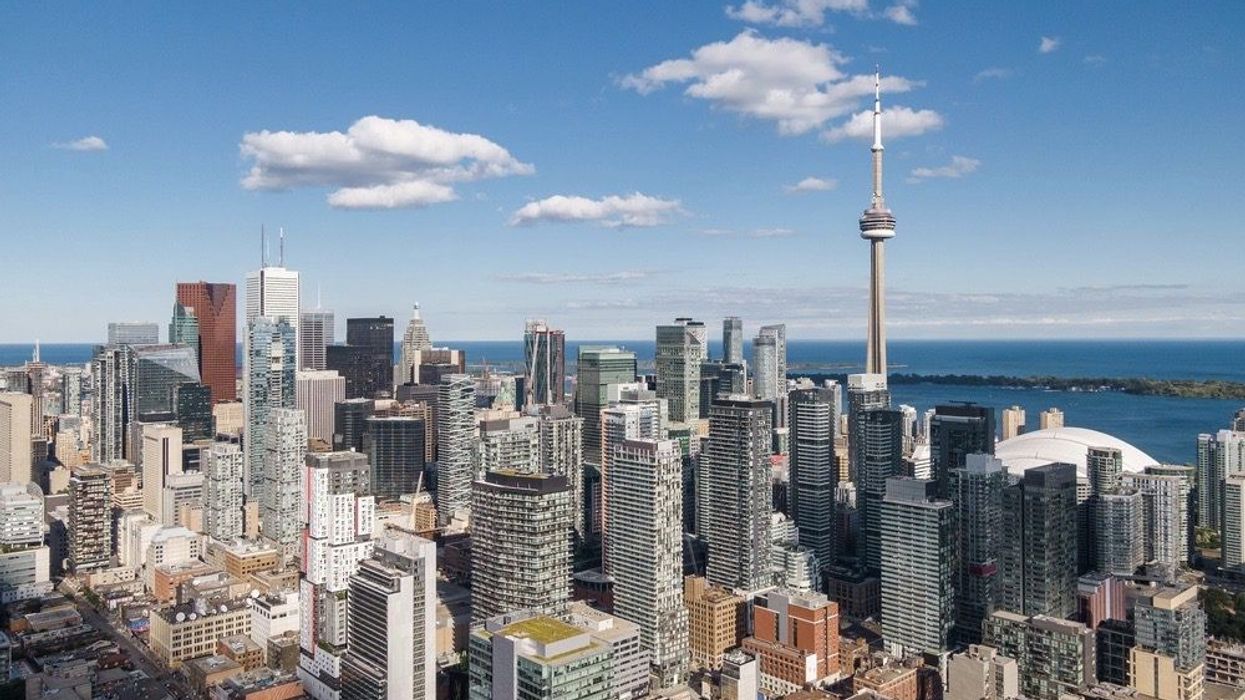The Residential Construction Council of Ontario (RESCON) says the City of Toronto’s decision to accelerate its TransformTO climate action plan will directly impact Toronto’s housing supply. And not for the better.
Yesterday, RESCON wasted no time issuing a press release that stated the move will put undue pressure on the building industry, and significantly hamper efforts to produce much-needed housing.
The release came in response to yesterday’s City Council decision to adopt an ambitious strategy to reduce community-wide greenhouse gas (GHG) emissions in Toronto to net zero by 2040 -- 10 years earlier than initially proposed.
“This Net Zero Strategy represents an important step forward in the good and responsible work we are doing to address climate change as a City government," said Toronto Mayor John Tory. "The window for climate action is narrowing and we intend to move forward quickly to ensure greener buildings, greener vehicles, a greener transit system, and a cleaner, greener city overall. Achieving net zero by 2040 will ensure we can continue to be a prosperous, liveable, and thriving city.”
Toronto is one of only three big cities in North America with this 2040 target. But not everyone is impressed.
“Speeding up the plan by 10 years will have a tremendous negative impact on developers and builders who are dealing with COVID-19, supply chain unpredictability and productivity challenges,” said RESCON president Richard Lyall. “Advancing the timelines beyond what was already approved by the city will only exacerbate an already-difficult situation for the construction community.”
As the press release highlights, Toronto’s builders and trades people are part of an essential industry that has worked through the pandemic and -- as a result of stringent safety protocols -- continued to build essential housing and infrastructure.

“We applaud council for showing leadership in the fight against climate change through implementation of the Toronto Green Standard (TGS) for new private and city-owned developments, but moving up the city’s climate strategy implementation ahead of the policies being established by higher-tier governments could result in unintended consequences and confusion,” warns the RESCON release.
Earlier, RESCON sent a letter to council, objecting to speeding-up the city’s climate strategy timelines. The original plan counts on renewable electrical energy resources being readily available by 2050. The timetable for the renewables does not align with the target of the new plan, says RESCON. While some of the renewables exist today, says the organization, they are still in their infancy and will likely not be available at the anticipated capacity level when electricity demands double or triple by 2030.
“Such a move could increase construction costs and complexity for the industry and therefore further affect the affordability of housing,” explained Lyall. “The existing timelines for the climate action plan already posed significant challenges for developers and such a move could propel our industry down a path that is not practical or feasible, and also force the industry to embrace practices that are not yet proven.”
Speeding up a climate change plan may sound like a nice idea in theory; but, at a time when new housing supply is more needed than ever in Toronto, RESCON's argument is definitely a valid one to consider.





















